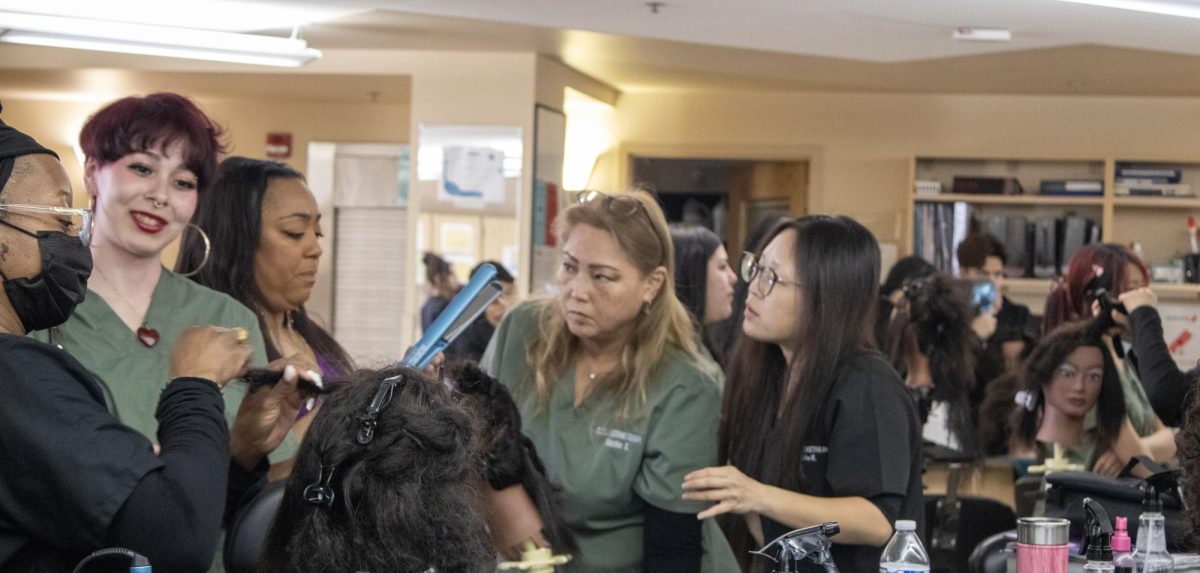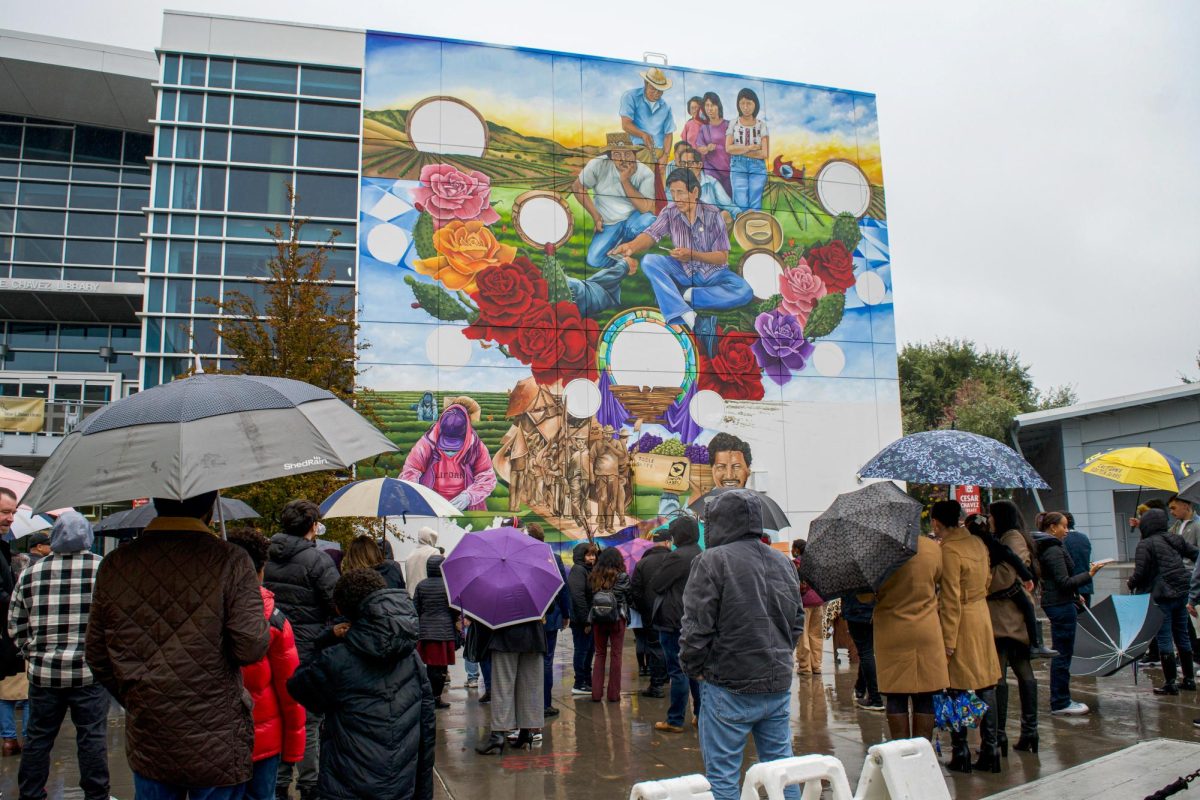Transferable credits and financial aid, two things students care most about at San Jose City College, are on the line because of the accreditation status.
The latest work in the effort to keep the school’s accreditation is the Follow-Up Report, which was sent to the Accrediting Commission for Community and Junior Colleges on Oct. 15.
Eighty percent of students at SJCC depend on financial aid. If losing accreditation means no federal aid, students will flee. In other words, the college will be shut down.
What is accreditation and what happened?
Every six years, the commission visits the college to evaluate the work done to keep up with the required standards.
SJCC submitted its Self Study Report in 2010, but the college failed to keep its accreditation status.
The Commission put SJCC on probation and required the college to submit a Follow-Up Report by Oct. 15, 2011. The report showed an improvement of the college, but it still only met partial requirements.
Under U.S. Department of Education regulations, institutions out of compliance with standards or on sanction are expected to correct deficiencies within two years.
According to regulations, this year is our last chance. But is it?
What happens next?
SJCC President Barbara Kavalier responds positively.
“What I have seen from experiences in research of other colleges, which are also on sanction, they (the commission) are usually supported as long as you are moving ahead and making progress. And we absolutely can demonstrate that,” Kavalier said.
“If they’re not going to give credits for any work we’ve done, which I’ll be surprised, the next step will be ‘show cause.’ But you still have accreditation,” Kavalier said. “So there’s still one more step and then you have so much time to respond. There is a lot that happens before you ever lose accreditation.”
From the lowest to highest levels of sanctions, “warning,” “probation” and “show cause,” which is the most dangerous level.
SJCC is among 24 community colleges in state that are on sanctions and it is in the midlevel status.
Oct. 15 was the deadline for the latest Follow-Up Reports for these colleges which expect visits from the evaluation team from the commission in late October or early November.
The Follow-Up Report was prepared by SJCC’s Accreditation Oversight Taskforce combined with the college’s faculty, staff, administrative representatives, district members and students on campus.
Rebecca Gamez, Spanish instructor, a faculty coordinator of the task force, said that she is optimistic about the work done for the report.
Mike Casas, president of Associated Students government, said he is positive about the outcome of the report.
The 2012 report is to outline the process of the college in fulfilling eight requirements left from the last year’s report. It consists of general responses to the ACCJC recommendations with exclusive statistic surveys and specific evidences of responses to the requirements.
“I always feel accreditation is an opportunity to improve the college,” Kavalier said. “From a positive perspective, it’s a great way to make improvement. It has brought people together.”
The full report can be read on SJCC’s website (sjcc.edu), in the accreditation section. The Commission will visit the campus at the end of October.






